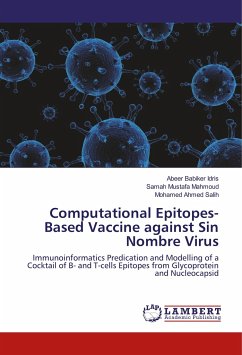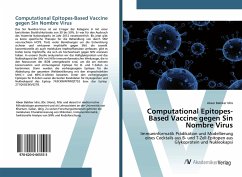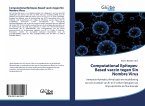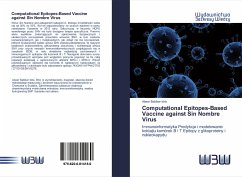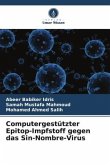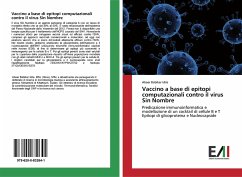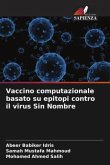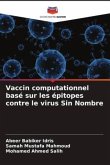Sin Numbre virus is a Category A pathogen with a reported mortality rate ranging from 30% to 50%. It was responsible for the 2012 Yosemite National Park outbreak. Until now, Specific therapy is not available for the treatment of HCPS caused by SNV. Despite many efforts to develop safe and effective vaccines against SNV, included conventional as well as molecular vaccine approaches, to date there are no vaccines proven to be highly efficacious against SNV. In our study, we analyzed envelope glycoprotein and nucleocapsid of SNV by using immunoinformatics tools housed in IEDB resources; in order to determine the most conserved and immunogenic epitopes for B- and T- cells. Then the predicted epitopes were assessed for the population coverage against the whole world population with the MHC-I and MHC-II restricted alleles. Among predicted epitopes for B-cell, the best candidates for glycoprotein and nuclocapsid were the epitope 743CKKYAYPWQT752 and the epitope 271QVDESKVS278, respectively. To the best of our knowledge, our study for the first time has predicted a cocktail of B- and T-cell epitopes for designing an effective vaccine against HCPS caused by SNV.

